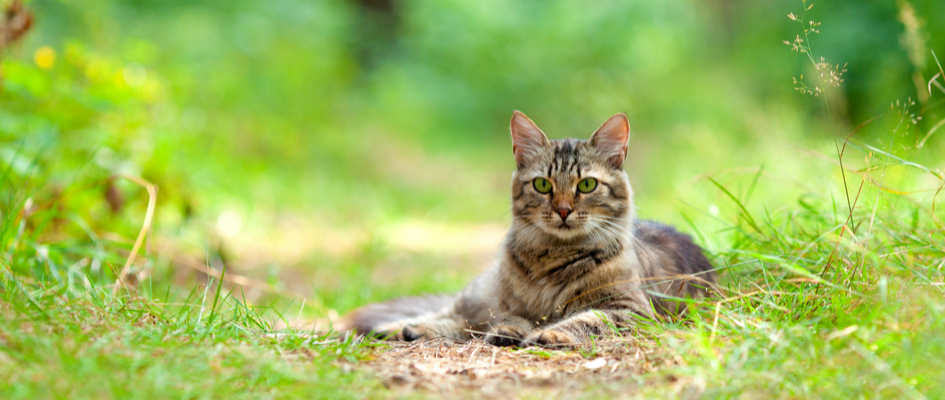Your pet’s diet has a big impact on their health and wellbeing. The wrong diet could lead to your pet developing health issues such as obesity, diabetes, pancreatitis, allergies or dental problems — so getting it right is crucial!
DOGS
- It’s important to feed your dog a complete, balanced, high-quality diet. High-quality commercial dog food will contain all the right nutrients and vitamins, and in the right amounts. The best way to recognise a decent quality diet is to take a look at the list of ingredients. The first item should be an animal protein e.g. chicken or pork. If the item is, for example, chicken ‘derivative’ or ‘meal’ this tends to imply a lower-quality diet. Avoid any diets where the kibble is a range of bright colours which means there are likely to be added colourants and additives. These are added to make the food look more appealing to you, whilst your dog doesn’t care what colour his food is!
- It’s also key to feed a diet appropriate to life stage and age of your pet. As you can probably imagine, a Great Dane puppy has a completely different calorific and growth requirement compared to say, an elderly Chihuahua. You should feed a good quality puppy or junior food up to the age of about 1 year (sometimes longer for large breed dogs – usually to about 15-18 months), then gradually switch to an adult diet, then to a senior food from the age of 8.
- If you have a large breed dog, then you should feed your dog a diet specially formulated for large breeds. This is because joint problems tend to be more common in larger dogs, so these diets contain additional joint supplements to support bone and joint health. Small breed dogs can be more prone to dental disease so generally diets suited to smaller breed dogs have a smaller kibble size and contain supplements to reduce tartar build-up (which can lead to dental disease).
- Once your dog has been spayed or castrated, it’s a good idea to feed a neutered diet. These diets are calorie restricted to help prevent post neutering weight gain. It’s vital to maintain a healthy weight and body condition score (BCS) – extra weight puts your pet at health risks including diabetes, arthritis and heart problems. If your pet is a little on the porky side and is already carrying a few extra pounds, then special prescription weight loss diets are available.
CATS
- Cats are obligate carnivores, so it’s important that they are dependent on their diet containing meat to thrive and survive. In a similar way to dogs, they should be fed a life stage-specific diet based on their age.
- Most adult cats are lactose intolerant (they lack the main enzyme required to digest lactose in milk) so it’s best to not feed your cat milk.
- Prescription diets are available for certain health concerns including – kidney disease, liver disease, diabetes, arthritis, overactive thyroid (cat), skin problems, urinary problems and cystitis, obesity and many more.
RABBITS
- The bulk of a rabbit’s diet should be hay (fibre) or dark green leafy vegetables – a minimum of 80%. This should ideally mimic what a rabbit would eat in the wild. A small amount of dry concentrate food can be offered, usually about 1 tablespoon per rabbit.
- It’s important to feed a complete pellet concentrate, as muesli mixes promote selective feeding and can lead to dental problems. Diet is particularly important for rabbits to wear down their teeth, which continuously grow. Feeding an unsuitable diet can lead to overgrown teeth, weight problems, fly strike and lack of grooming.
If you require further advice please contact to your local Goddard vet who can share details on what’s best for your pet.


